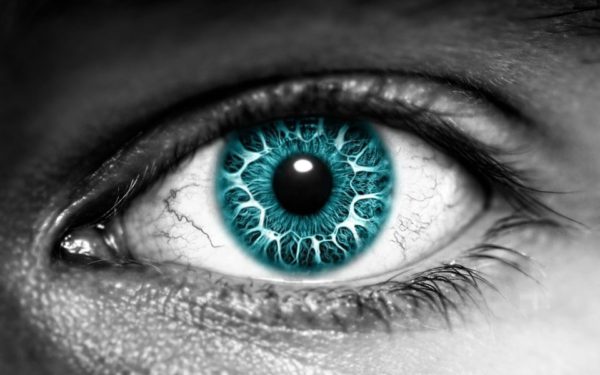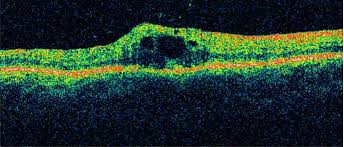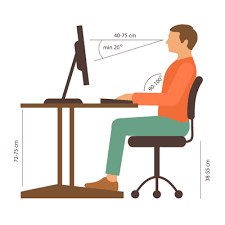Healthy Foods and Cataract Prevention
People who regularly take a healthy diet consisting of fruits, vegetables and whole grains may show a decreased risk of cataracts. Consumption of fish also has been linked to potentially reduced risk of cataracts or their progression. Here is a sample of recent research that suggests a healthy diet and specific eye vitamins may help […]








